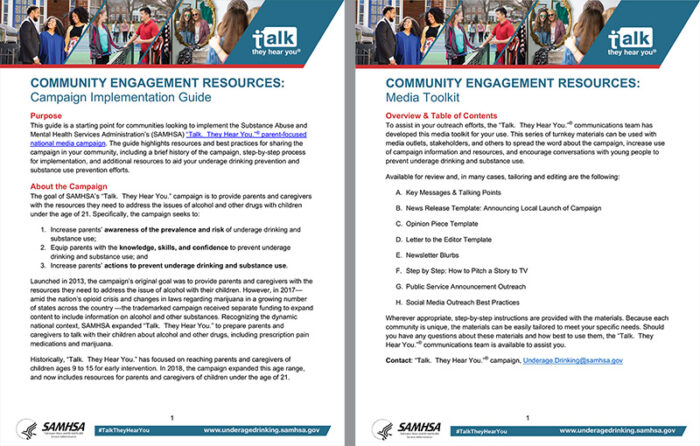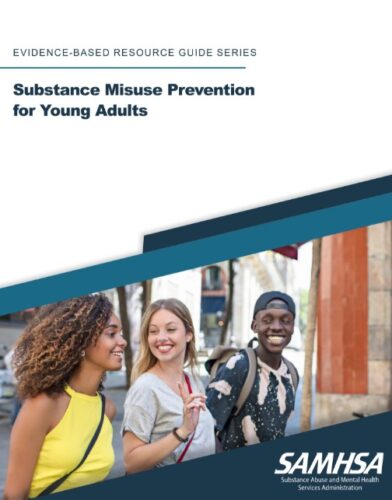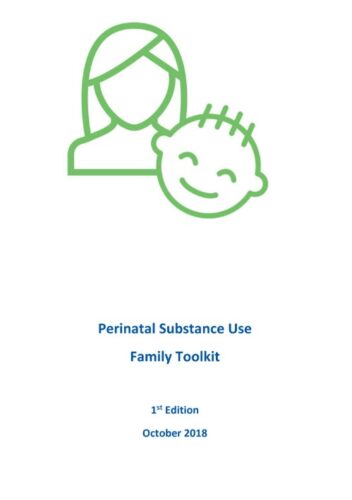Supporting Substance Use Disorder (SUD) Counselors in California: From Registration to Certification
Substance Use Disorder (SUD) counselors are vital to addressing the addiction crisis in California. By investing in the development of these professionals, program executives can enhance workforce capacity, improve treatment outcomes, and ensure compliance with state regulations. This guide provides an overview of the certification process, the benefits of supporting counselors, the risks of insufficient support, and actionable strategies for executives.
Pathway to Certification: A Step-by-Step Guide
- Registration
Counselors must register with an approved certifying body such as CCAPP, CADTP, or CAADE. Registration allows individuals to gain supervised experience while pursuing the required education.
- Education
Candidates must complete 315 hours of state-approved coursework covering topics like ethics, counseling theories, and case management.
- Where to Study:
- Private Paraprofessional Schools: Flexible and fast-track programs tailored for busy professionals.
- Community Colleges: Affordable education with associate degree opportunities and additional resources.
- University Extension Programs: High-quality, professional courses offering networking opportunities and advanced resources.
- Practicum
A minimum of 255 hours of supervised fieldwork is required to provide hands-on experience in SUD treatment settings.
- Work Experience
Depending on prior education, counselors must complete 2,080–6,000 hours of supervised work experience to demonstrate applied knowledge and competency.
- Certification Exam
After completing education and work requirements, candidates must pass a state-approved certification exam to confirm their expertise in SUD counseling.
Benefits of Supporting Counselor Development
- Increased Workforce Capacity
Certified counselors bring the skills necessary to scale programs and meet the growing demand for treatment services (SAMHSA, 2020).
- Improved Treatment Outcomes
Training ensures that counselors deliver evidence-based care, leading to better client recovery rates and overall program success (Hagedorn & Moorhead, 2018).
- Regulatory Compliance
Certification aligns with California Department of Health Care Services (DHCS) standards, reducing risks of penalties and maintaining funding eligibility (DHCS, 2023).
- Higher Staff Retention
Providing education and growth opportunities demonstrates organizational commitment, improving morale and reducing costly turnover (Baldwin, 2022).
- Enhanced Program Reputation
A well-trained workforce builds trust among clients, funders, and the community, enhancing the program's credibility and opening doors for new partnerships (Miller & Carroll, 2019).
Risks of Insufficient Support
- Staff Burnout
Without clear development pathways, counselors may feel overworked and undervalued, leading to burnout and reduced performance (Maslach & Leiter, 2016).
- Program Non-Compliance
Failing to meet certification standards risks penalties, service disruptions, and the potential loss of critical funding (DHCS, 2023).
- Poor Quality of Care
Uncertified counselors may lack the skills needed to provide ethical, effective treatment, jeopardizing client outcomes and program integrity (Hagedorn & Moorhead, 2018).
- High Turnover Rates
A lack of professional support and growth opportunities often leads to frustration and attrition, increasing recruitment and training costs (Baldwin, 2022).
How Program Executives Can Support Counselors
- Financial Support
Offer tuition assistance or reimbursement for education and exam fees, removing financial barriers to professional development (SAMHSA, 2020).
- Mentorship Programs
Establish systems pairing experienced staff with trainees to provide guidance, foster skill development, and build confidence (Miller & Carroll, 2019).
- Flexible Scheduling
Enable counselors to balance work with educational and practicum requirements through flexible scheduling, reducing stress and supporting academic success (Maslach & Leiter, 2016).
- Clear Career Pathways
Define and communicate advancement opportunities, from registration to certification and beyond. Celebrate milestones like certification achievements to motivate and retain staff (Baldwin, 2022).
- Burnout Prevention and Wellness Initiatives
Provide mental health resources, team-building activities, and manageable workloads to prevent burnout and maintain a resilient workforce (Maslach & Leiter, 2016).
Educational Opportunities for Aspiring Counselors
California offers diverse educational pathways to meet the 315-hour requirement for SUD certification:
- Private Paraprofessional Schools: Flexible, fast-track programs catering to working professionals.
- Community Colleges: Affordable and resource-rich programs offering associate degrees alongside required coursework.
- University Extension Courses: High-quality professional courses providing networking opportunities and advanced resources.
By supporting access to these educational options, program executives can ensure that counselors receive the training they need to excel.
Why It Matters
Investing in the development of SUD counselors is a strategic decision that benefits both the workforce and the clients they serve. Professionalized staff ensure compliance, improve client outcomes, and enhance the reputation of treatment programs, ultimately contributing to a healthier and more resilient California.
References
Baldwin, T. T. (2022). Employee engagement and retention: Addressing the root causes. Human Resource Development Quarterly, 33(4), 567-589.
California Department of Health Care Services (DHCS). (2023). Substance use disorder compliance and certification requirements. Sacramento, CA: DHCS.
Hagedorn, W. B., & Moorhead, H. J. (2018). Counselor preparation: Foundations of SUD practice. Journal of Substance Abuse Treatment, 94(3), 305-312.
Maslach, C., & Leiter, M. P. (2016). Burnout and engagement: Essential considerations for professionals. Psychological Review, 123(1), 102-123.
Miller, W. R., & Carroll, K. M. (2019). The effectiveness of training interventions for SUD counselors: A meta-analytic review. Addictive Behaviors, 92, 180-190.
Substance Abuse and Mental Health Services Administration (SAMHSA). (2020). Behavioral health workforce report: Strengthening the workforce. Washington, DC: U.S. Department of Health and Human Services.


